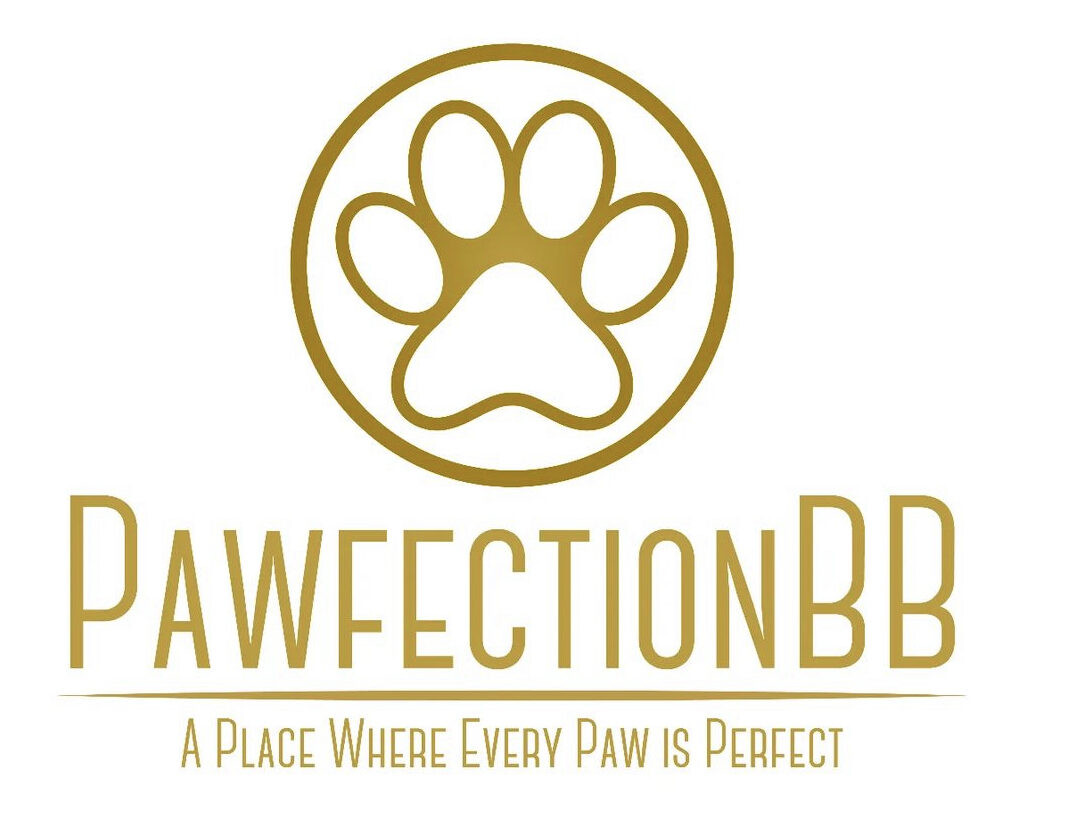Puppy Care
Feeding Your Dog:
Maintaining your dog’s health and wellness requires proper diet. The following advice will help you feed your dog:
Feeding Frequency: Puppies need to eat more frequently than adult dogs; under 6 months old puppies should have 3 to 4 meals each day. Adult dogs only need to be fed once or twice each day.
Feeding Portions: A dog’s nutritional requirements are influenced by their size, age, and level of activity. Commercial dog food packaging often includes instructions for feeding portions, but it’s vital to keep track of your dog’s weight and alter the portion size as necessary. Obesity can result from overeating and pose health risks.To figure out how much to feed your little one, utilize our dog food calculator.
Establishing lunchtime manners can help reduce food violence and guarantee a calm dining atmosphere. The AKC advises against giving your dog table scraps or human food and to train them to wait patiently before being fed.
Training Your Dog:
Training your dog is an essential component of dog ownership since it fosters limits and a close bond between you and your pet. The following advice will help you train your dog:
Positive Reinforcement: It is advised to use positive reinforcement training techniques, which entail rewarding desirable behavior with treats, compliments, or playing. Physical punishment or force is not advised since it may incite fear and hostility.
The importance of consistency in training makes it crucial to set and adhere to established norms. Dogs respond well to predictability and routine.
Patience: Training can be time- and patience-consuming, and advancement isn’t always straight-line. It’s crucial to set reasonable goals and to recognize modest accomplishments along the road.
Vaccinating Your Dog:
The importance of vaccinations in preserving your dog’s health and halting the spread of disease cannot be overstated. The following considerations should be made when giving your dog its shots:
Core immunizations: Regardless of the lifestyle of the dog, core immunizations are advised for all canines. These include shots for parvovirus over the next 4 months.
immunization Schedule: Depending on the dog’s age, immunization history, and local rules and restrictions, the vaccine schedule may change. It’s crucial to consult a veterinarian before choosing your dog’s vaccine plan.
In conclusion:
Being a responsible pet owner includes feeding, training, and vaccinating your dog. You can contribute to ensuring that your dog remains healthy and content throughout their lifetime by adhering to these recommendations.
The American Kennel Club (AKC) www.akc.org
American Veterinary Medical Association (AVMA), available at https://www.avma.org/
